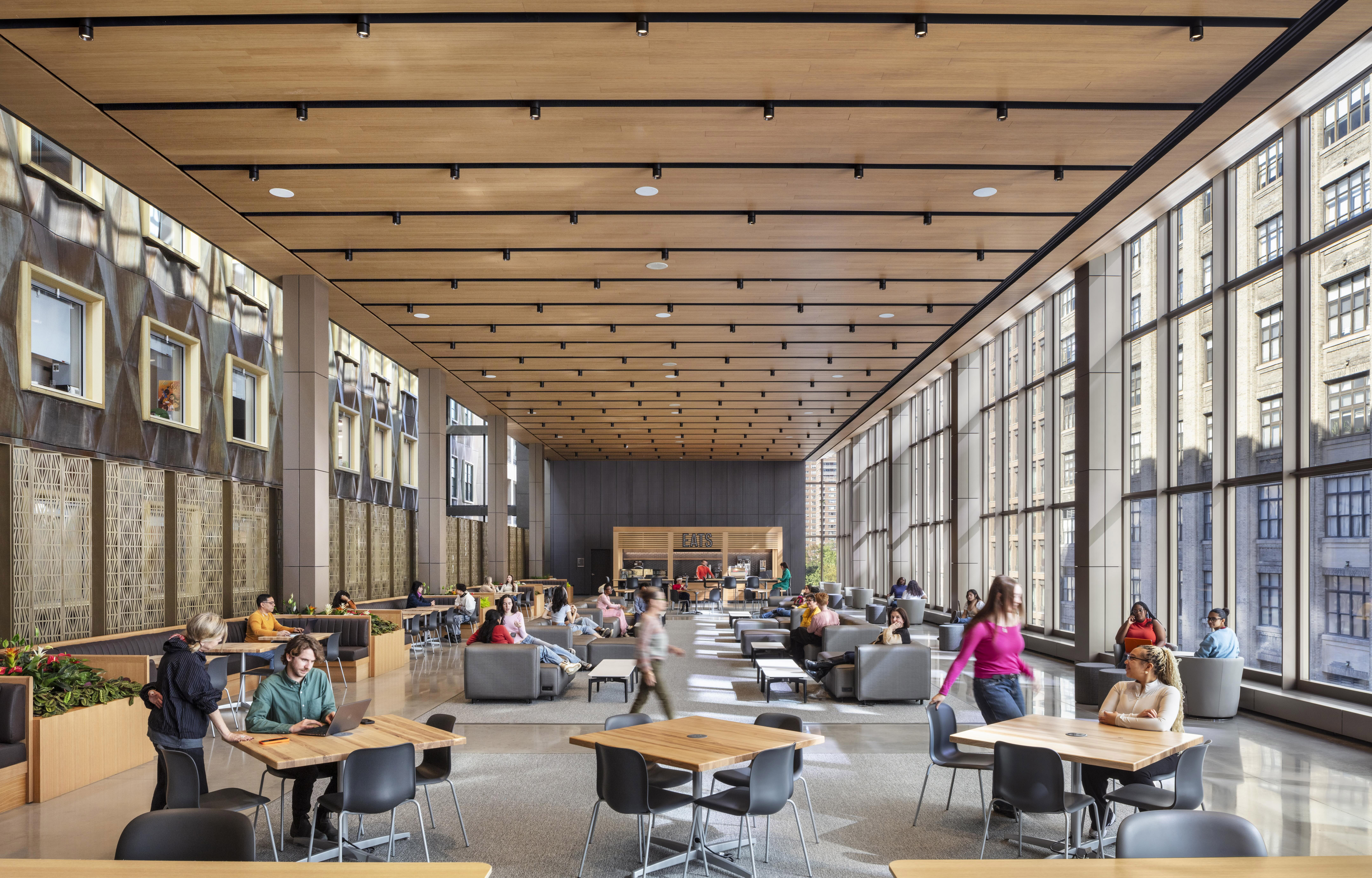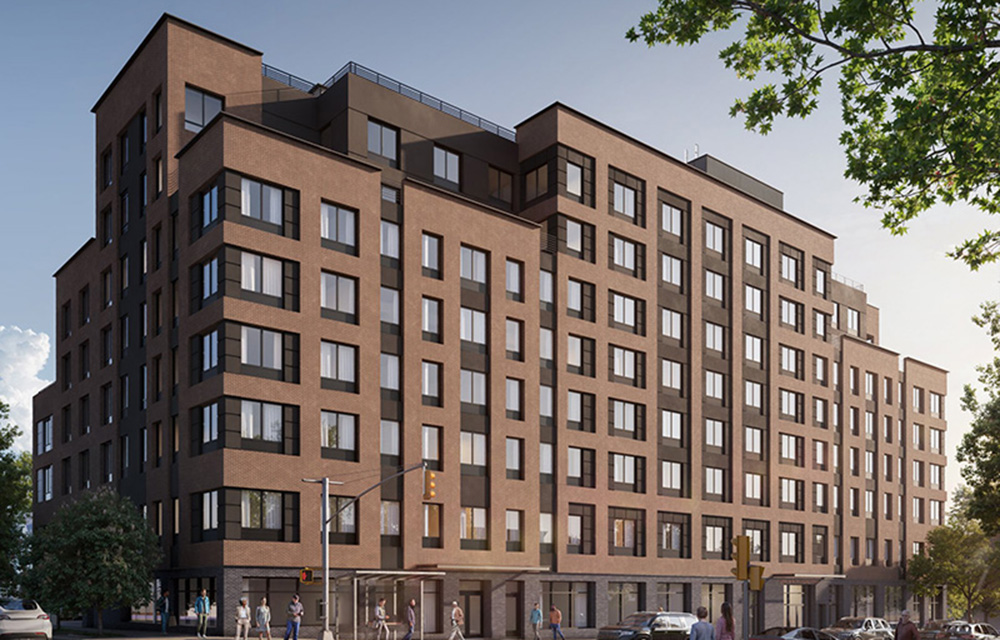How saving $200,000 can cost you $1.2 million - by Alen Gershkovich

Contracting the low bidder is enticing, but what will it really cost your project? When a lack of experience is guiding the building process, the fallout can be extremely expensive; we have seen it time and time again. While hindsight is always 20/20, the reality is that decisions during a projects procurement have lasting and expensive consequences for the overall program when delays occur.
Frankly, it often stems from the idea that budgets are “tight” and low pricing from new trades gets “justified” despite serious red flags about trade contractors. But experienced construction professionals should see that at the onset. Comments like “Well, you can buy a lot of Advil (to manage the issues) for the money we ‘saved’ with Trade XYZ” are made during far too many projects. This mindset is dangerous.
The problem is that when you look at deeper into the true cost of construction delays, you quickly understand that the risk of betting on a potentially qualified trade who was cheaper than everyone else was not worth the reward. This reality especially holds true with delays in facades and windows.
Understanding Savings vs. Budget
The first misconception about “savings” compared to a “budget” stems from the inappropriate use of definitions and a true understanding of what a budget is. There is a fundamental difference between the loose term “budget” and the fundamental difference between the overall program/project budget versus the “construction” portion of the project budget. All stakeholders need to understand this concept.
It is amazing how often we ask the team for the “project budget” and they only provide a piece of the “construction budget” instead. The problem is that clients may have different departments responsible for different portions of the overall program budget. In many cases, those departments do not fully integrate. The impact of this is extremely costly. In a perfect world, the entire team is on the same page about the overall – the total, complete budget, with no missing pieces, otherwise known as the “program budget”.
What is a Project Budget?
To simplify, a construction project is not just the physical building. There is an overall “project budget” that includes buying the land, designing a building, constructing the building, paying for that construction through bank financing, and then obtaining revenue from that asset to offset costs. These steps transfer into a “project budget” through these major budget components:
- Land Acquisition (bank)
- Soft Cost (design / consultants)
- Hard Cost (construction)
- Interest Carrying Cost (bank)
- Revenue Generation (refinancing)
- The “hard cost” construction budget is typically the work physically performed by the general contractor/construction manager through the trade contractors hired. Often a CM will present a number of bidders, usually leveled, with certain outliner trades having bid the job significantly under or over the main group of bidders.
Issues Linked to Contracting the Low Bidder
Experience shows you that the significantly low bidder should be disqualified for clearly underbidding or low balling the project. Typically, you can look at several trade contactor factors to clearly see where the gaps are compared to other qualified bidder. If the team looks deeper, they will find a number of reasons for that disqualification.
A few simple questions can improve the qualification process:
- What previous projects have actually been performed by your firm that are similar to the existing scope?
- What management staff at your firm ran those projects?
- How long has your project management staff and your field staff actually worked with you? How long have they worked together?
- Where is your assembly and fabrication facility?
- Confirmation of the trade actually having worked with the specified product.
- Proof of sophistication in understanding and following the shop drawings process.
- Proof of actual shop drawings having been approved on previous projects that are similar to our current projects scope and specifications.
- References from several clients who would still do business with the existing trades.
- References from GC/CM’s who have worked with the current trades.
It takes time to evaluate and often disqualify a significantly lower priced bidder. Unfortunately, there are often pressures felt to procure the project within a several year old budget that forces the decision makers to give serious consideration to the low bidders. Typically it is in reference to the “hard construction costs” where the savings on a trades contractor takes place during the pre-construction / procurement process. That is where the Advil was purchased with the amazing “perceived” savings from perhaps a low bidder.
However, the delays that inevitably take place with an unqualified or poor performing trades spreads into each of the five components of the overall project budget. Time delays are a cost to each one of the overall program budgets. A schedule delay has a ripple effect:
- Hard costs on construction means the client spends more money on the land acquisition because there is most likely still financing to be paid on the land portion
- Soft costs on consultants still need to be paid
- The CM still has staff that need to be compensated in the hard cost portion of the budget
- Interest on the bank loan now has extra months of carry, which affects the interest carry costs
- Revenue has been pushed back by the relative delay therefore negatively impacting your pro forma, often requiring more financing
So, the next time someone recommends a low bidder understand that the risk / reward calculation must take into account the true cost when the trades do not perform. No one wants to be in the hole $1.2 million just to save $200,000.
Whether you find yourself in a distressed situation or are looking for guidance in the preconstruction phase, we are here to help mitigate the potential for failure during the construction process. Call us at 917-750-8934 or email us at [email protected] to schedule a meeting.
Alen Gershkovich is the CEO of INSPiRON, New York, N.Y.
Troutbrook expands with boutique condo project and Marriott Fairfield Inn & Suites renovation








.gif)
.jpg)

.gif)